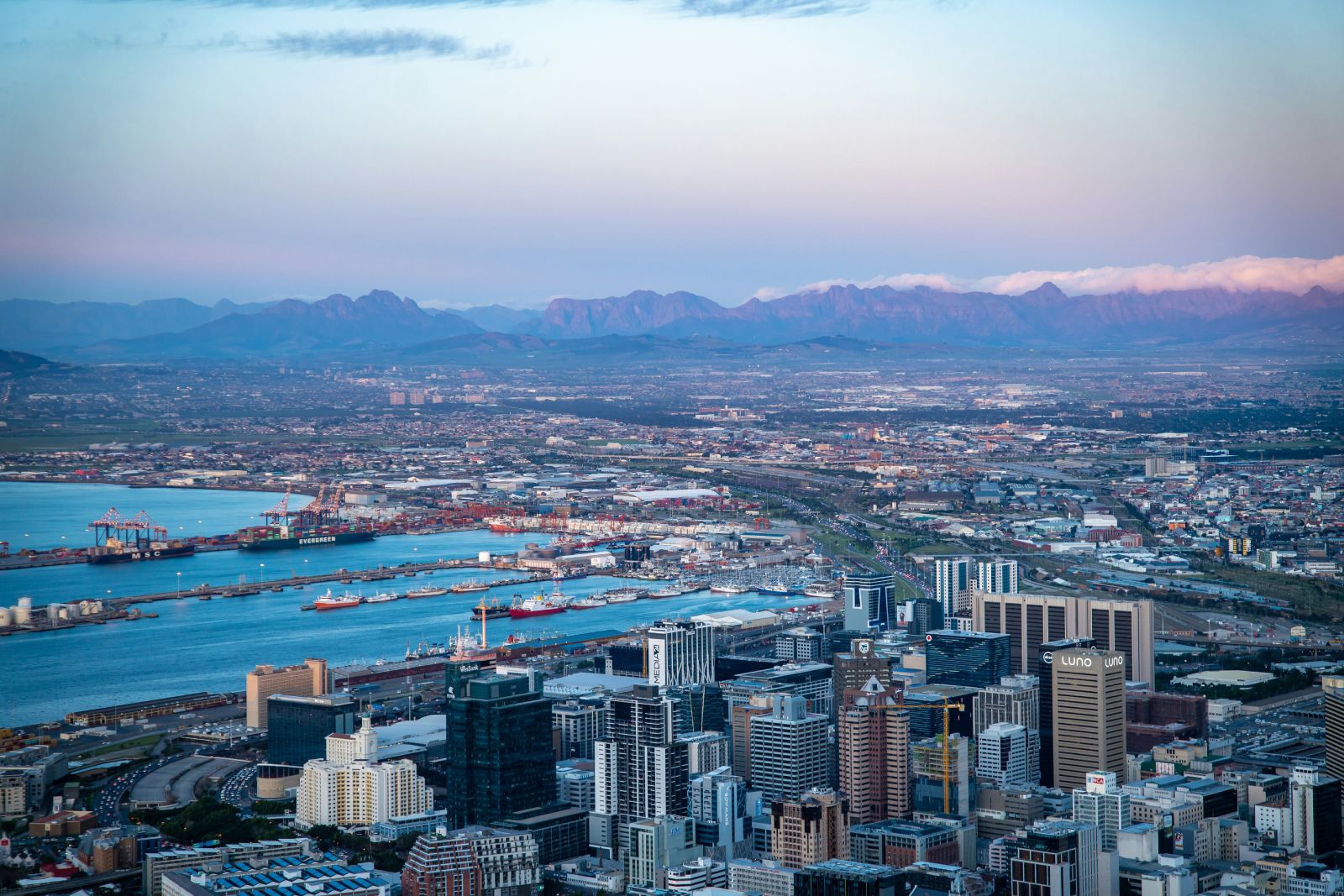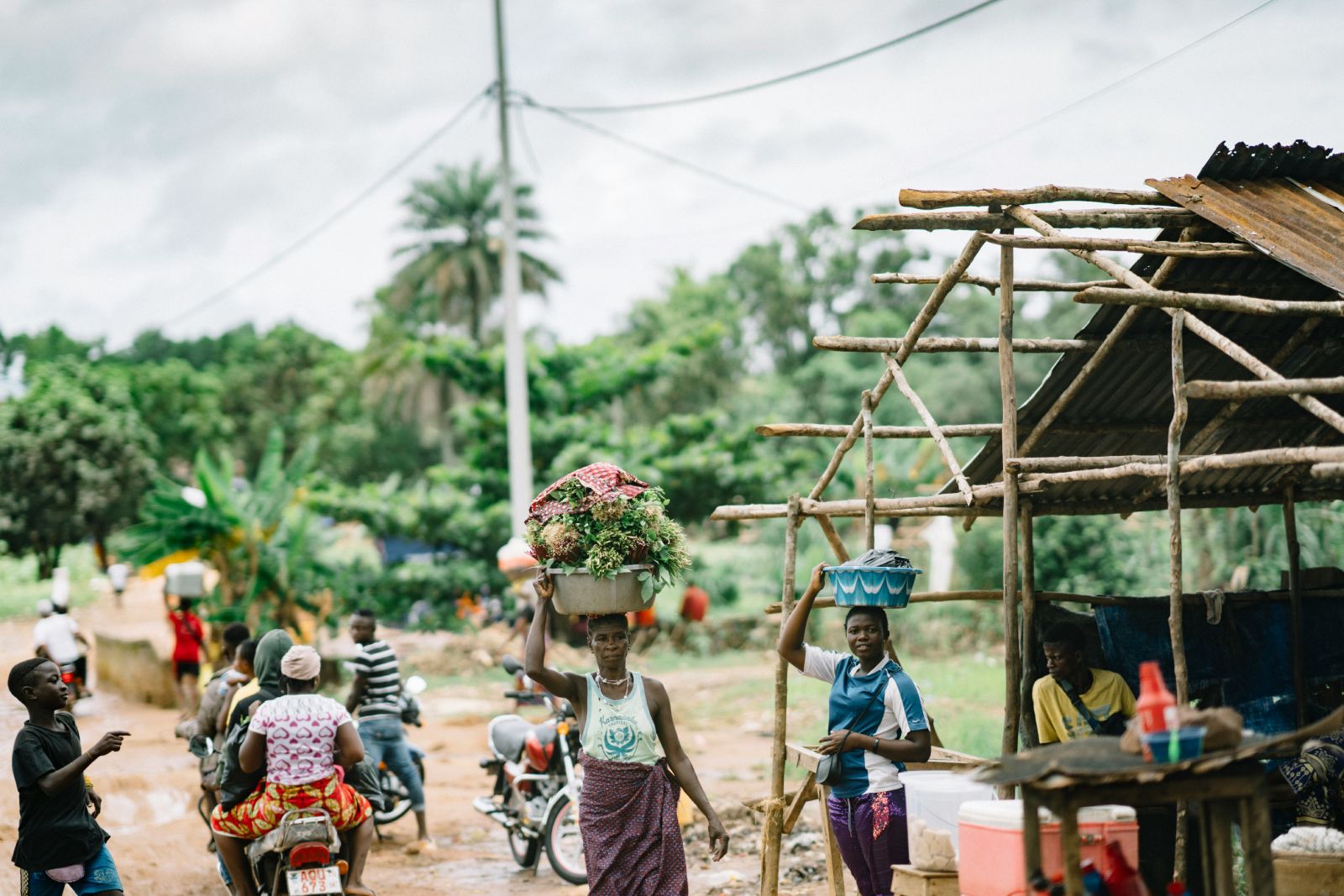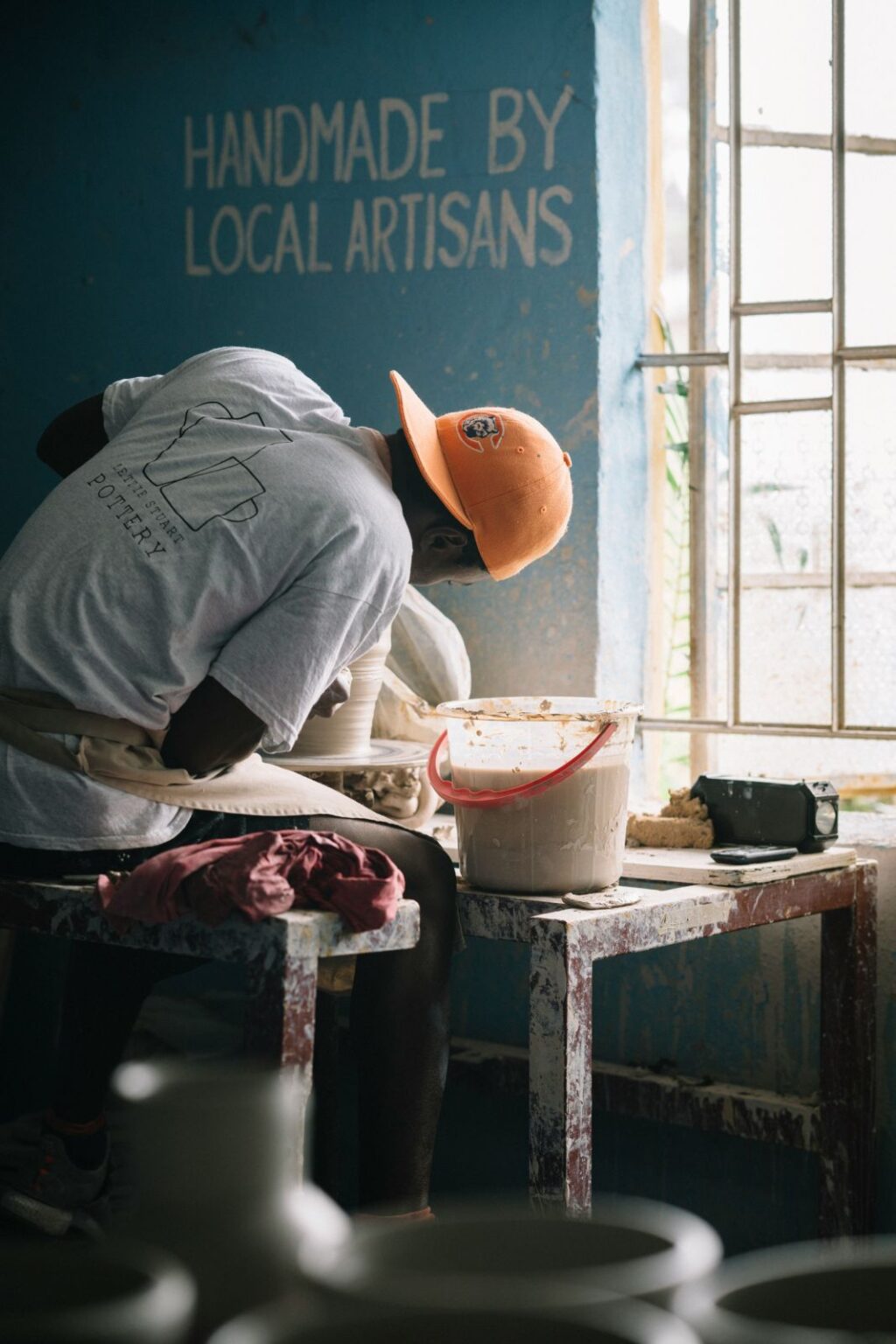
Regen Cities is a flagship program developed by Regenopolis in 2022 to support the emergence of regenerative urban ecosystems across Africa. It aims to bridge the gap between impactful local solutions and investment capital by building enabling infrastructure for project origination, incubation, and financing. The program is structured around three integrated pillars : Regen Hubs (local project incubators), Regen Tech (access to vetted solutions), and Regen Capital (a blended finance platform).
Africa’s rapid urbanization offers both an urgent challenge and a historic opportunity. While cities drive the continent’s environmental footprint, they also concentrate innovation and community resilience. Yet, there is a persistent mismatch : global capital earmarked for climate and biodiversity fails to reach locally grounded, bankable urban projects. Regen Cities was born to flip this system – building pipelines of regenerative infrastructure, circular economy, and nature-based projects that can deliver both ecological restoration and inclusive growth.


The project resulted in significant outputs and outcomes
